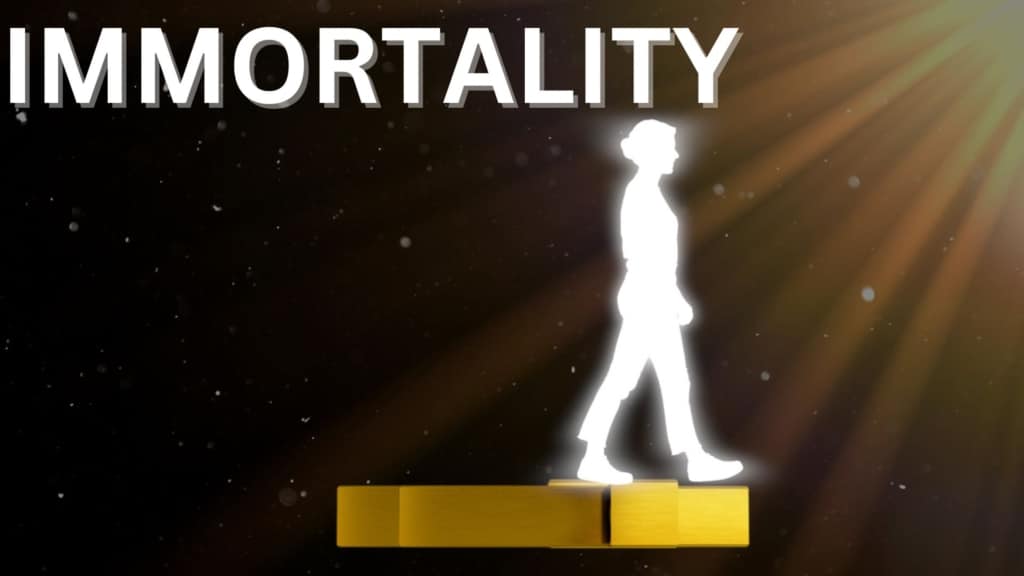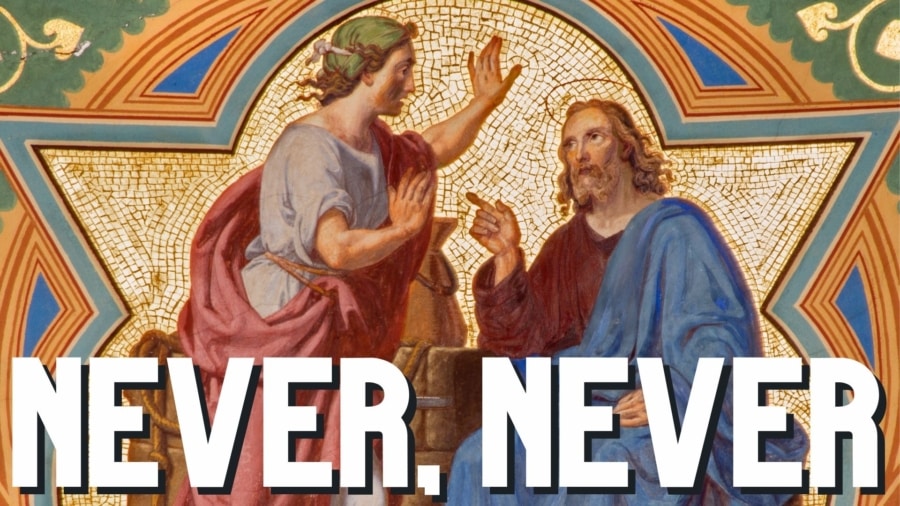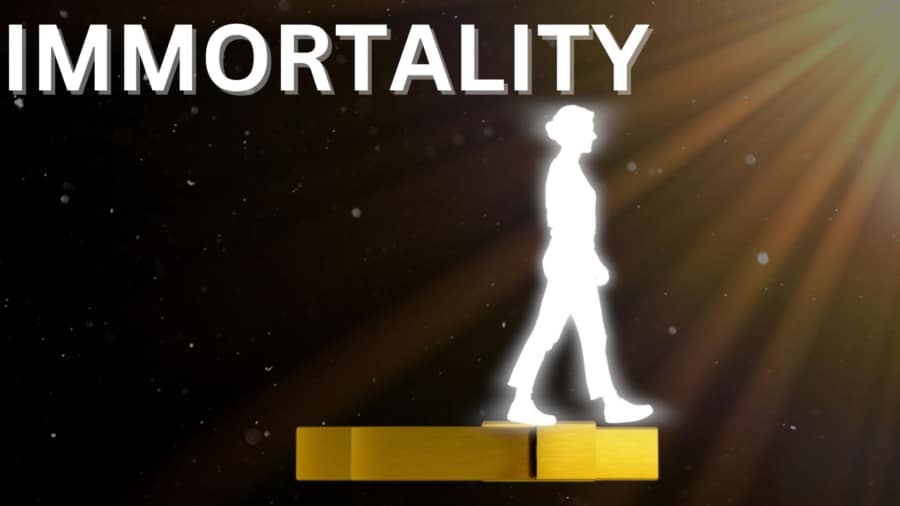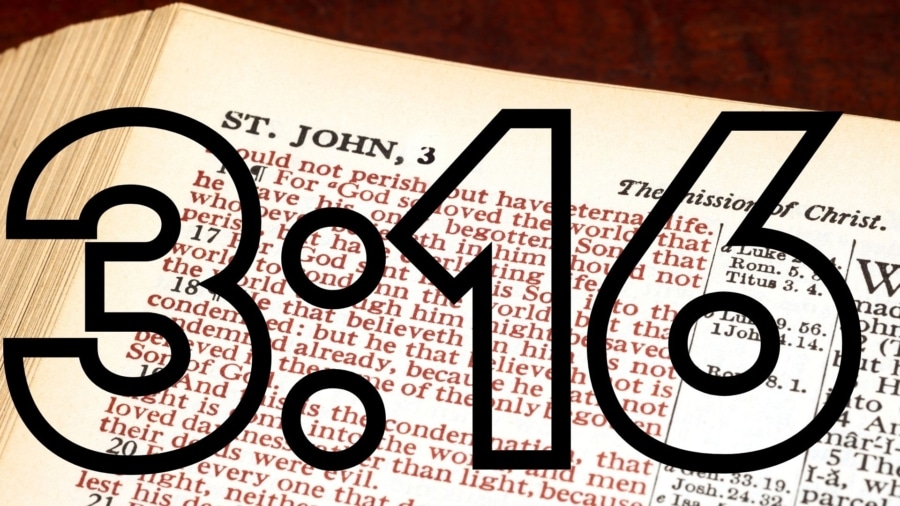- These are Written
- Believe
- Should Not Perish
- 3:16
- Never, Never
- Life, Love, Light
- Condemned by Choice
- This and That
- Seven Expressions of Love from the Cross
- Why?
- I know, I know!
- What?
- UGH!
- Expedient
- Gain Grace?
- The Gift
- The Hands of God
- Immortality
- COME UP HERE
- Not by Works of Righteousness We have Done
- Jesus’ Perspective on His own Death
- I AM
1st Corinthians 15:45 says, “the first man, Adam became a living soul. The last Adam became a life-giving spirit.” Aren’t you glad that you can step out of Adam into Christ? Can you imagine that the God of the universe cared so much about you and thought so highly of you that He would step down into this world and take on human flesh and go through an agonizing cross just for the possibility that you would enter eternity and live in His presence? That’s absolutely astounding! 1st Corinthians 15:46-49 makes distinctions about what can and cannot enter heaven. Verses 50 and following conclude about our resurrection and rapture, “This, I say, Brethren, that flesh and blood cannot inherit the Kingdom of God.” Remember, once again, the idea of “inherit.” “Inherit” does not refer to salvation itself but refers to “a right to possess” or “a right to receive.” The natural body has no right to enter the kingdom. “…Neither does corruption inherit incorruption.” Corruption in your life will not inherit eternal reward. Sin in your life will not inherit eternal reward. But all that is incorruptible in your life will receive eternal reward.
1st Corinthians 15:51 says, “Behold, I tell you a mystery. We shall all, not all sleep, but we shall all be changed in a moment, in the twinkling of an eye, at the last trumpet, for the trumpet will sound and the dead will be raised incorruptible, and we shall be changed.” I refer you to 1st Thessalonians 4:13-18 for the passage on the rapture of the Church. 1st Corinthians 15:53 says, “For this corruptible must put on incorruption, and this mortal must put on immortality. One day we will lay down the robe of this flesh, and we will take up the robe of a resurrected body that is incorruptible. So, when this corruptible has put on incorruption and this mortal has put on immortality, then shall be brought to pass the saying that is written, ‘Death is swallowed up in victory.’” Do not fear death, because if you’re a child of God, you will never taste death. Jesus said, “He who believes in me shall never die…” Those without Christ have an awful, awful chasm of eternity waiting for them. That is eternal experience of death. We should fear eternity. And once we put trust in Christ, there’s no need to fear it because eternity is a sealed matter for us. So therefore, 1st Corinthians 15:55-56 says, “Oh death, where is your sting? Oh hell, where is your victory? The sting of death is sin, and the strength of sin is the law.” And when Christ pays for your sins and you are not under the law, but under grace, so where’s the sting and where’s the law? It’s gone. It is vanquished by Christ.
1st Corinthians 15:58 says, “Therefore, my beloved brethren, be steadfast, immovable, always abounding in the work of the Lord….” How can you be steadfast if you fear the ultimate outcome of your life? How can you be steadfast if you think that some failure on your part is going to lose the salvation that Christ died for? How can you be immovable in facing the pressures and the problems of life if you lack the assurance of your security in Christ? If the multitude of things that are preached today could cost you your salvation, you have no security. You have no assurance. You cannot be steadfast; you won’t be immovable because you’re constantly anxious and uncertain about whether you’re going to hold out to the end or not. Did I really believe strong enough or did I believe the right thing? Or what if I fall into a sin? Listen, you have already seen today as bad as you can. There is no sin, you can commit that is any worse than sins every single one of us have already committed today — evil thoughts, evil words, evil actions. They’re all equal in God’s sight. The tiniest sin, the smallest sin is just as bad as committing murder or genocide (if you want to put it on a massive scale.) How bad was Hitler? Exactly as bad as Stalin. How bad was Stalin? He was exactly as bad as Mao. 260 million people died in the 20th century, murdered by their own governments. How bad were those people? I want to tell you in honesty, without Christ, they were exactly like you and no worse before the judgment of God than you. You say, “Oh, but I’ve never done those things.” How many sins does it take? One. Romans 3:23 says, “All have sinned and fall short of the glory of God.” Equally, all sin is an offense to the holiness of God. James tells us that if you violate one of the commandments, you’re guilty of breaking all of them. That ought to tell us something.
All sinners stand equally condemned before God and all believers stand equally justified by Jesus Christ. You know that God doesn’t have favorites in His family? God doesn’t have favorite believers. God will reward faithful conduct, but it doesn’t change the standing of a believer, who is totally forgiven, imputed with righteousness, in the Royal family of God. You are royalty and not only a child of the king, but ultimately will be the bride of the King!
Gene Cunningham - June 5, 2022
Never, Never
From Series: "The Simplicity of the Gospel"
“Assuredly, I say to you, unless you are converted and become as little children, you will by no means enter the kingdom of heaven.” Matthew 18:3 All little children begin the learning process in life the same way. They learn by faith. Because they know that they don’t know, they are humble. They have never seen an elephant, or a whale, but if you show them a picture book, they learn to identify whatever they are shown. If they are told, “This is an elephant,” they don’t argue and say, “No, I think that is a chicken.” They believe what they are told because it is in their child-like nature to trust. Only as we grow do we begin to assume a level of knowledge, based on what we have learned by faith. As adults we turn more and more to reason (rationalism) and science (empiricism), where we learn by trial and error. Gradually, we begin to turn away from the faith we had as little children. Here, Jesus is telling His disciples that they need to “turn around, go back” to being like little children. They need to come to Him in simple, child-like faith if they would enter into His heavenly kingdom. The same point was made on another occasion (Mark 10:13–16). When we return to the simplicity of child-like faith, we come to Jesus through His Word in humility. And Peter, the leader of the disciple band, assures us “God resists the proud, but gives grace to the humble” (1 Pet. 5:5b). It is time for us to turn back to the simplicity and humility of little children and hear the voice of our heavenly Father!













